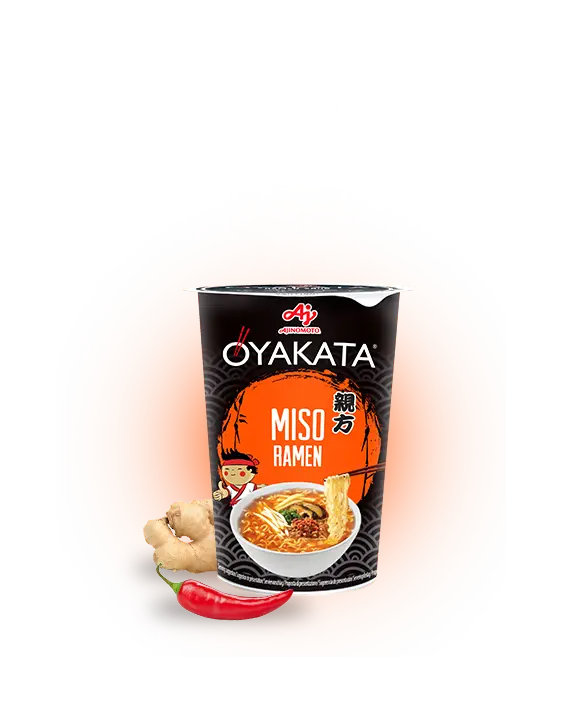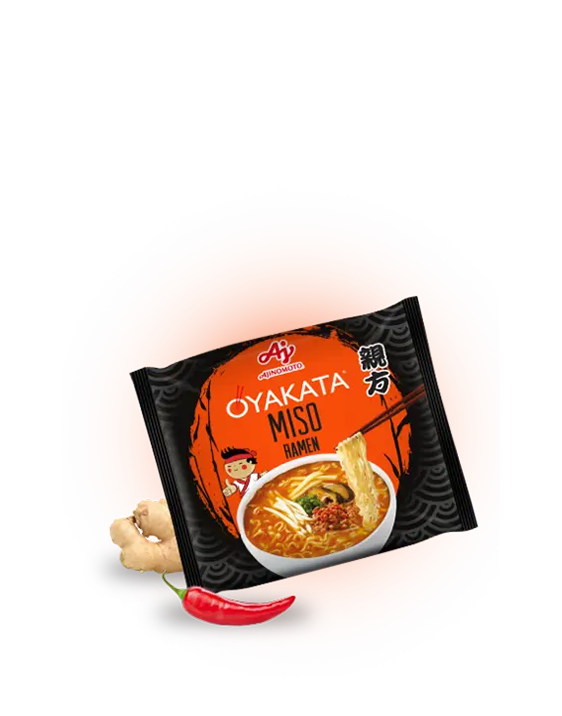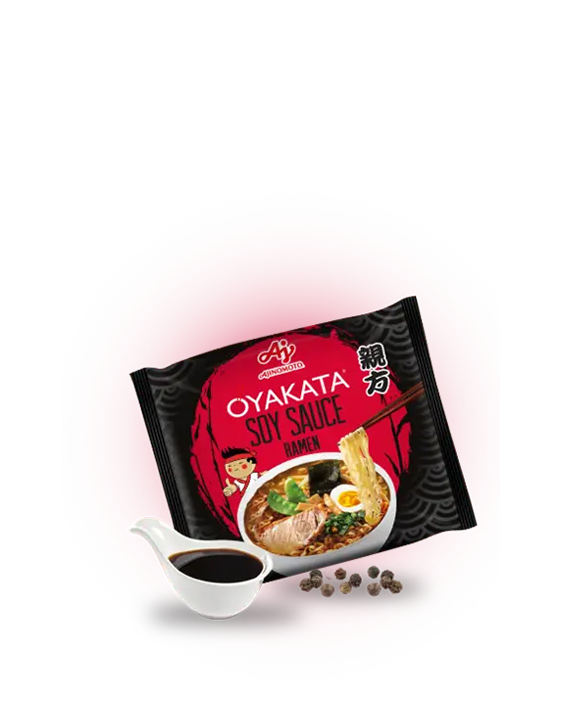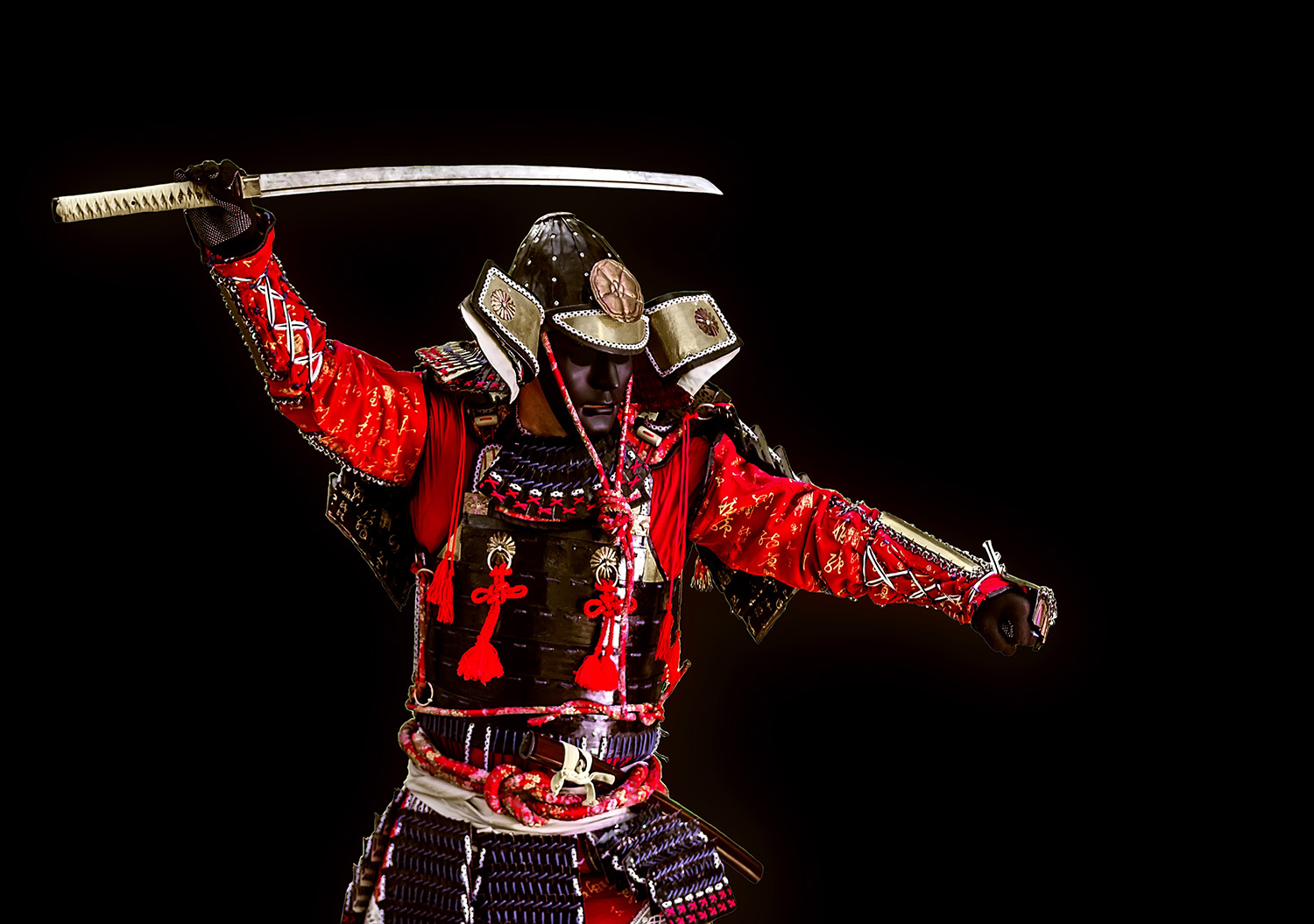

BUSHIDO – JAPANESE SAMURAI CODE OF HONOUR
Bushido – the code of a warrior
The term Bushido (bushi-dō: bushi – warrior; dō – way) literally means the way of a warrior. It has only been in use since the 16th century but the history of the code goes much further back. From about the 9th century, the samurai bravely served their lords, helping them collect taxes from defaulting debtors. Strong, cunning and resourceful, they created an influential stratum of knights that gradually started to take the power from the weakened empire and aristocracy. Their philosophy was based on Bushido, which kept changing over time, combining the influence of the Buddhist religion with Shinto and the Confucianist thought. Still the spirit of war, athleticism, courage and valour that remained the unshakable ideals of Japanese warriors. The samurai code of honour
“Bushido is a great way. A way that does not tolerate concessions but allows a lot of freedom. A conservative way but standing still contradicts it. Bushido is a perfect way. A way of war for those who love peace and a way of peace for warriors.”
The Awakened Warrior, R. Moore & D. Gillette
Bushido was considered a method of both corporeal and spiritual self-improvement. It emphasised loyalty, modesty, war skills and honour. The code also regulated the relationship between warriors and the rest of the society, which – according to the samurai philosophy – should be based on strictly defined relations of power and serfdom. Bushido was passed orally from generation to generation, never written down. Perhaps this is why it became so imprinted on the minds of the Japanese and permanently influenced their special culture.
7 elements of a warrior’s way
The shape and content of the unwritten code changed because of inaccurate oral communications; still, its assumptions are summarised in 7 basic rules. They showed the warriors how to reach corporeal and spiritual perfection.
GI 義 – rectitude, morality, honesty, justice
It is the basic rule that applies to the personality and behaviour of a warrior. Rectitude is the ability to make rational decisions without hesitation – “to die when it’s time to die and to attack when it’s time to attack.” Samurai believed that battles can be won without violence but they also knew that they must kill without so much as blinking an eye if there is no other option. Samurai fought with complete commitment because they believed that their deeds were blessed and that their strength was of divine origin.
YUUKI 勇気 – bravery, fearlessness, valour
To understand the Yuuki rule, we must take a look at the original notation of the Japanese word and at the kanji characters that form it. Yuu means courage, heroism, while ki can be translated as the mind or the spirit. So yuuki means bravery and valour, which are seen not only in the warrior’s deeds but are a natural state of his mind. The idea of bravery was strongly connected with rectitude and justice. Deeds that put a warrior in jeopardy or his life at a risk were not considered brave, and death that resulted from an unworthy cause was referred to as “a dog’s death.” Samurai had to strive for the protection of his lord against danger at all costs – whether during a battle or in a time of peace. Cowardly warriors had to suffer condemnation and criticism. On the other hand, the deeds of courageous heroes went down in history, with the heroes becoming role models for the next generations.
JIN仁 – love, mercy, compassion
A samurai was not an ordinary man. Intensive training made him fast, nimble and strong. However, the skills he continuously developed were to be useful for all, especially for the weak and oppressed, and opponents also deserved mercy and respect. A warrior did not take a life of a weaker man if the latter deserved saving but whoever surrendered and shamed himself could not count on his mercy. Jin is a value emphasised at the very beginning of a young warrior’s way. Despite the strictness of the whole process, children were taught to be sensitive to beauty, art and the surrounding nature.
REI礼 – politeness, courtesy, culture and respect
It is an idea taken from Confucianism. A warrior had to be perfect not only on a battlefield. He was also expected be a role model for other citizens. Modest use of words and gestures, caring about others and empathy – these are the attributes of the Japanese known all over the globe to this day. Rei means respect for the feelings of others, kindness and modesty. The high position in social hierarchy obligated the samurai to live with dignity and to always follow the conventions. Any behaviour showing lack of manners or rudeness was considered as a sign of weakness and lack of confidence.
MAKOTO誠 – truth, truthfulness
Truthfulness was more important to Japanese warriors than politeness and etiquette. Taking good manners over honesty was condemned and referred to with contempt as “beautiful words”. A vassal who did not tell his lord the truth was considered as treacherous and deceptive. Being completely faithful to the truth was what differed warriors from the rest of the society. It was rightful and desired for a servant to prevent the master from making irrational decisions, even if the samurai was to pay for this with his life, as happened in the case of the kanshi – suicidal protests.
MEIYO 名誉 – honour
Honour was a primary value in the life of a warrior, it entailed self-respect and staying true to one’s principles. Samurai fought for their good name starting from their early years, and they strived to protect and reinforce it throughout their lives. Stigma, loss of the warrior’s honour and dignity, made the life completely pointless. In one of the first sources about the rules of samurai life, Nitobe Inazō wrote that “Shame is like a scar on a tree – rather than disappearing, it grows with time.” So for a warrior dishonour was worse than death and it often resulted in seppuku – a ritual suicide.
CHUUGI 忠義 – loyalty, fidelity, devotion
The Japanese word ‘chuugi’ consists of two signs. The first one, ‘chuu’, means being loyal and devoted. This symbol precisely explains the true meaning of loyalty – the sign of the heart it contains speaks about the values hidden deep in the soul, to be followed by a samurai. The other part, ‘gi’, means righteous conduct or duty. So chuugi is not just proper conduct but also fidelity coming straight from the heart. So similarly to meiyo, it is a value pertaining both to the deeds of a samurai and to his internal beliefs.
The way of a Japanese warrior
The way of a samurai started in his childhood. Japanese boys were taken away from mothers and placed in the care of strict teachers. For over a dozen years of the samurai way they learnt to be brave, courageous, obedient and responsible. They worked on their athleticism, strength, and perfected their combat techniques. The development of the body was supported with the development of the spirit and intellect. Young warriors attended reading, writing, and even singing lessons. They also practised zen meditation, which helped them improve their self-confidence and allowed them to stay poised when facing death.
The samurai era ended in the second half of the 19th century with the restoration of the imperial power, and contemporary Japan is associated primarily with modern technology and highly developed industry. Yet, Bushido is not just a relic of the past. The way of the samurai code is still followed by masters of martial art and enthusiasts of Japanese culture Its rules, even if not always named directly, remain alive in the special culture of the Country of Cherry Blossoms and in Japanese hearts, full of respect for traditional values.














